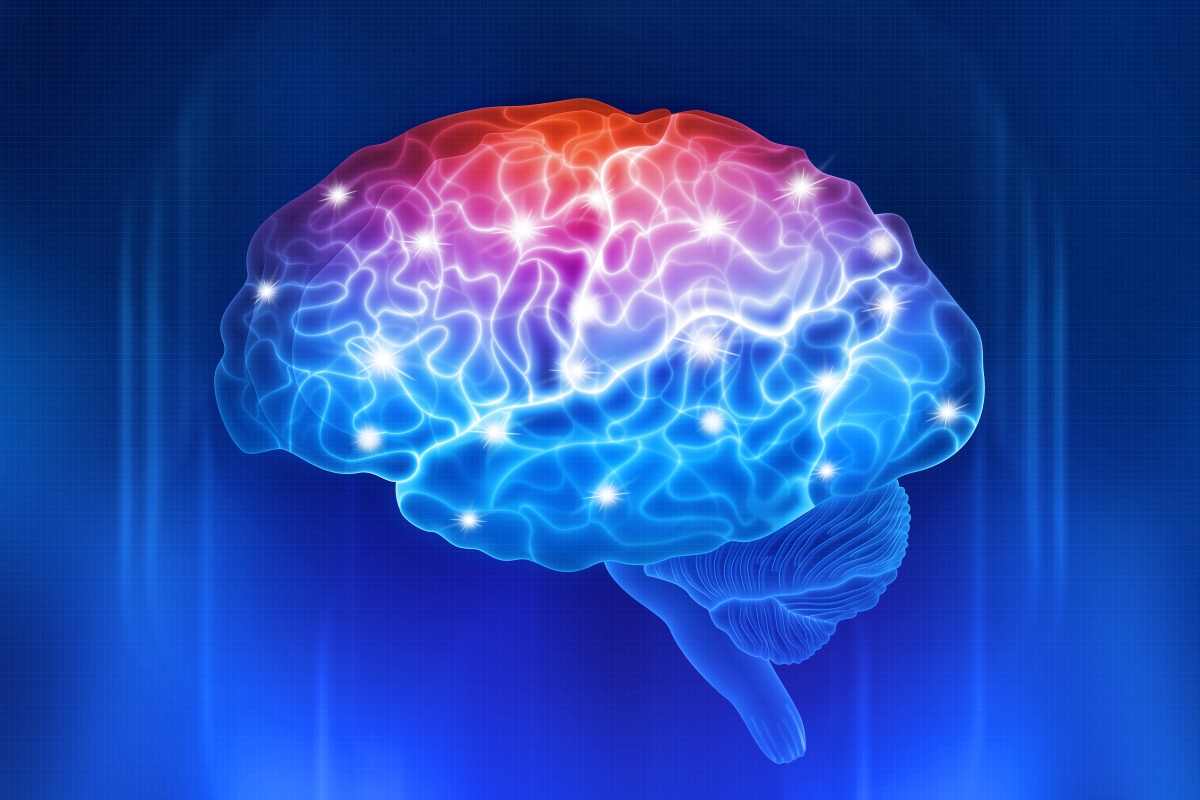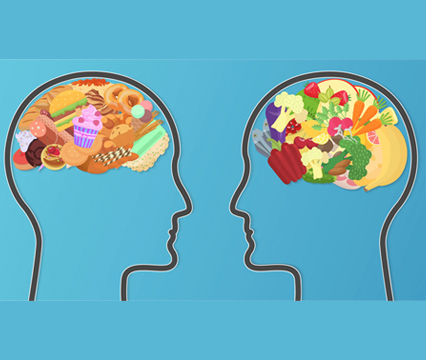Is there a role for higher cognitive processes in the development of obesity in humans?

Cognition plays a crucial role in human eating behavior, influencing its flexibility. Disruptions in higher cognitive functions, such as inhibitory control and memory, can lead to increased food intake, potentially contributing to weight gain over time. This review by Higgs (2023) aims to summarize the current evidence on cognition as a potential causal factor in human obesity development. Meta-analytic evidence indicates that cognitive function is cross-sectionally associated with obesity, even after controlling for various confounders. However, reverse causality might also explain this association, as evidence suggests that metabolic syndrome and prolonged consumption of an unhealthy Western diet can affect brain structure and cognitive abilities. Longitudinal, interventional studies and animal models support the idea of a reciprocal relationship between obesity and cognitive function. Despite this, it remains unclear whether disruptions in cognitive processes are a primary cause of obesity in humans. [NPID: Eating, cognition, causes of obesity, memory, inhibitory control]
Year: 2023
 Navigation
Navigation







